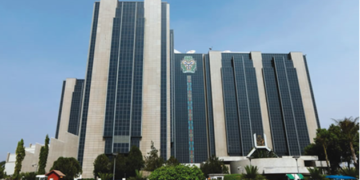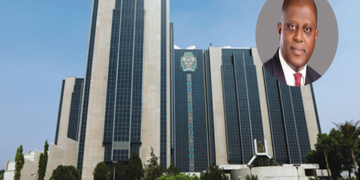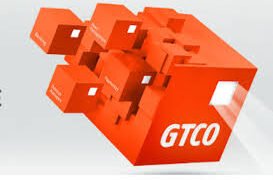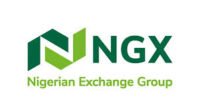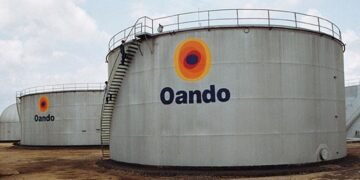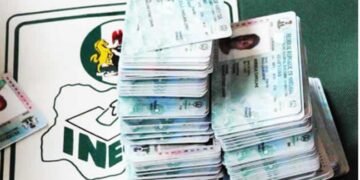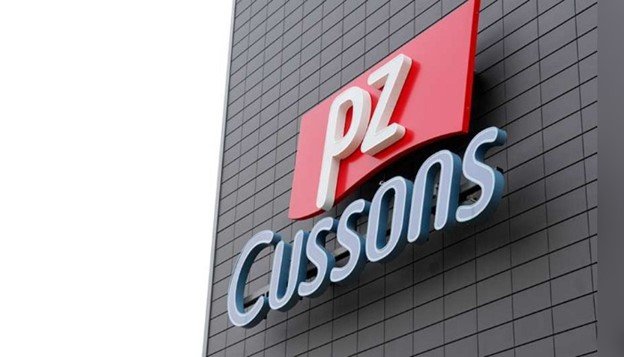PZ Cussons Nigeria Plc (NGX: PZ) has called for an Extraordinary General Meeting of its shareholders to consider amongst other things, the negative net assets of the company.
Also read; List of Dividends announced in 2024, qualification and payment dates
The company an explanatory note published on the Nigerian Exchange on Tuesday informed its shareholders of the negative net asset position, which was reflected in the Q2 2023/2024 unaudited interim financial statements.
A negative net asset position is a financial situation where a company’s liabilities exceed its assets.
preparation of the Q2 2023/2024 unaudited interim financial statements of the Company, PZ Board noted that the Company had fallen into a negative net asset position, based on the Company’s unaudited results and balance sheet as of 30 November 2023.
A snapshot half-year ended 30 November, 2023 financial results shows that PZ grew its revenue by 19% to ₦68.08 billion, while its profit slumped by 1,067% to a loss of ₦74.14 billion (H1 ended 30 Nov. 2022: ₦7.67 billion profit).
The company attributed the loses to the ongoing depreciation of the Naira and decrease in volumes of approximately 6% overall resulting in an Operating Loss of ₦73.8 billion for the first 6 months of the 2023/2024 financial year. In addition, the Company had a foreign exchange loss of ₦87.0 billion on our foreign currency-denominated trade obligations, negatively impacting our operating result
The above Operating Loss is the key driver of the Company having a negative total equity position of ₦23.2 billion as of 30 November 2023, the explanatory note observed.
As of that day, PZ Group’s financial liabilities, most of which are
denominated in foreign currencies, were at ₦178.0 billion, while the Total Assets were at ₦154.8 billion.
Following the further devaluation of the Naira post 30 November 2023, the company expects the Group will incur further material foreign exchange losses in relation to liabilities denominated in foreign currencies.
These will be reflected in future results and will likely result in a worsening of the current negative net asset position of PZ Cussons Nigeria Plc.
The company’s inability to source foreign currency to repay its suppliers and other providers of credit in the face of continued devaluation of the Naira has brought about a significant increase in its payables denominated in foreign currencies.
A majority of these payables are owed to other members of the PZ Cussons group.
In line with the requirements of section 137 of the Companies and Allied Matters Act 2020 (as amended), the Board is convening an Extraordinary General Meeting (“EGM”) of the Company to address the negative net asset situation. The EGM is scheduled to hold on [Wednesday 13 March 2024, at the Transcorp Hilton, FCT, Abuja at 1.00 p.m.].
At the EGM, the shareholders and the directors of the Company may propose and consider the options available to the Company for dealing with the Company’s ongoing negative net asset position.
Proposed Actions
The Board continues to recommend the offer from the Company’s core shareholder, PZ Cussons (Holdings) Limited, to buy out minority shareholders and de-list the company. The offer was increased from ₦21 per share to ₦23 per share as announced on 9 November 2023. The proposed scheme is intended to enable the core shareholder to significantly simplify and strengthen the Company’s operations to allow it to return to longer-term growth.
The Company filed an application with the Securities and Exchange Commission (“SEC”) in November 2023 for its no-objection to the proposed scheme, and the Company is still awaiting the SEC’s no-objection in order to convene a meeting for shareholders to vote on the proposed scheme.
If the Company is not able to obtain the requisite regulatory and shareholder approvals to proceed with the proposed scheme, the Company will be required to explore with its creditors, which are primarily members of the PZ Cussons group, ways to address the Company’s negative net asset position and repay or settle outstanding amounts owing to its creditors. This could include measures such as equity issuance, debt for
equity conversion, rights issues, asset sales or similar. Such measures may significantly dilute or otherwise impact existing shareholders.
Nnamdi Maduakor is a Writer, Investor and Entrepreneur











